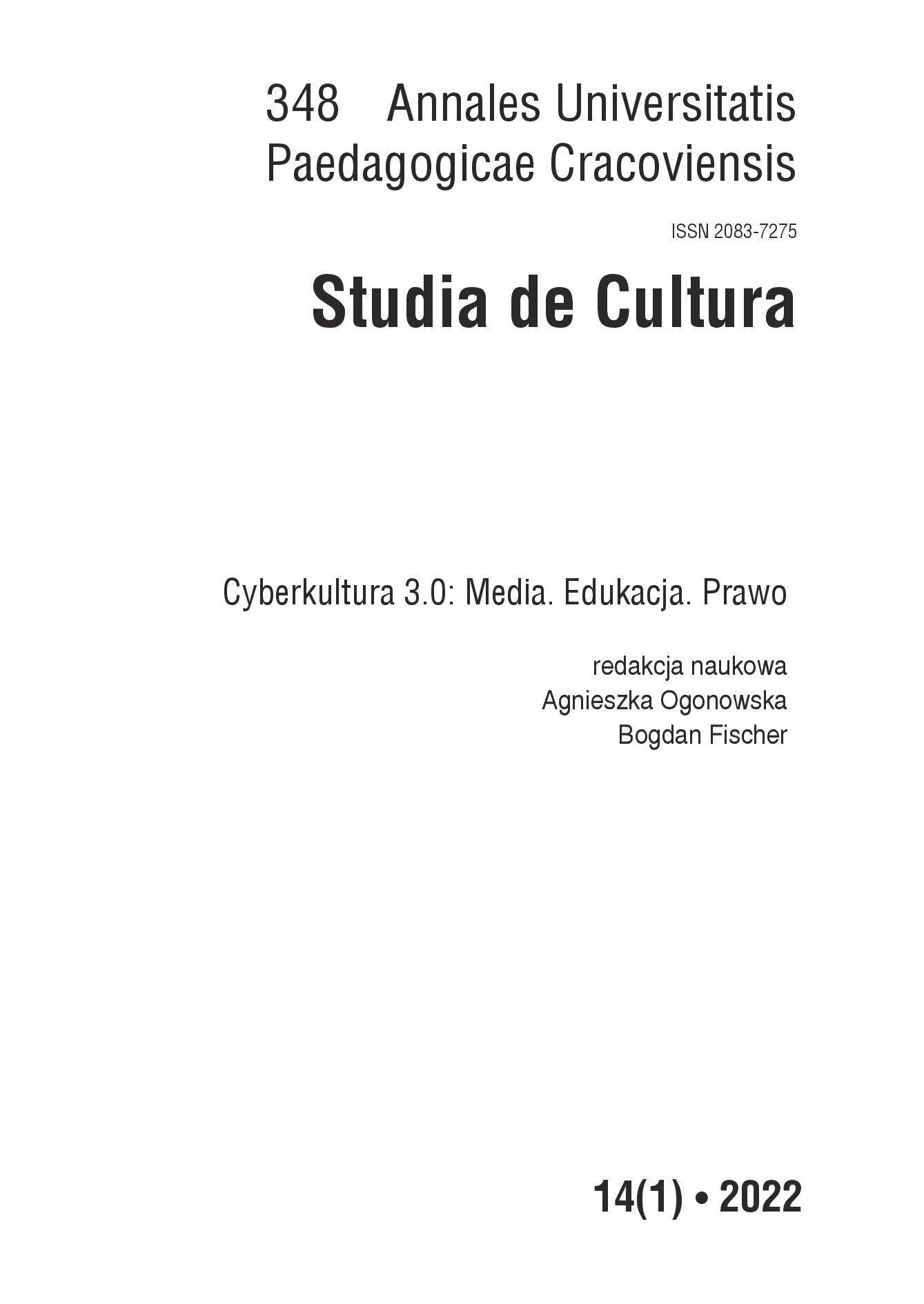Abstract
The article addresses the problem of the university’s crisis in the face of technological changes, including the particularly dynamically developing artificial intelligence and machine learning. In such a frame of reference, the university seems to lose the rudiments of its own identity and is placed in line with narrow professional education institutions. The development of artificial intelligence may constitute both a threat and a potential field for development for a university, but this status is currently heterogeneous. This article is an attempt to sketch out the impact of artificial intelligence and machine learning on the academic areas (both educational and research).
References
Arel Itamar. 2012. Deep Reinforcement Learning as Foundation for Artificial General Intelligence. In: Theoretical Foundations of Artificial General Intelligence. Pei Wang, Ben Goertzel (eds.). Amsterdam, Paris and Beijing. 89–103.
View in Google Scholar
Awol Amy. 2018. How to Become Anonymous, Secure and Free Online. New York.
View in Google Scholar
Carlsson Kjell, Gualtieri Mike, Sridharan Srividya, Perdoni Robert. 2020. The Forrester Wave™: Notebook-Based Predictive Analytics and Machine Learning, Q3 2020. https://reprints2.forrester.com/#/assets/2/108/RES157464/report. (accessed: 3.03.2022).
View in Google Scholar
Chmielecki Przemysław. 2019a. “Machine Learning Based on Cloud Solutions”. Edukacja Technika Informatyka no. 1. 132–138.
View in Google Scholar
Chmielecki Przemysław. 2019b. “Technicized University – Are the Technological Changes an Opportunity or a Threat?”. Zagadnienia Naukoznawstwa no. 1. 103–111.
View in Google Scholar
Chmielecki Przemysław. 2021. “Global YouTube University – uwagi o robotyzacji szkolnictwa wyższego”. Humanistyczne Korpus no. 39. 149–154.
View in Google Scholar
Côté James, Allahar Anton L. 2007. Ivory Tower Blues: A University System in Crisis. Toronto.
View in Google Scholar
Fleming Sean. 2021. This Is How University Students Can Emerge from the Pandemic Stronger. https://www.weforum.org/agenda/2021/01/online-learning-universities-covid-suzanne-fortier/. (accessed: 3.03.2022).
View in Google Scholar
Mainardes Emerson Wagner, Alves Helena, Raposo Mario. 2011. “The Process of Change in University Management: From the ‘Ivory Tower’ to Entrepreneurialism”. Transylvanian Review of Administrative Sciences no. 33. 124–149.
View in Google Scholar
Microsoft. 2018. AI in Action. Three Technical Case Studies Show How Developers Are Using Azure AI to Create the Next Generation of Apps. Redmond.
View in Google Scholar
Mueller John Paul, Massaron Luca. 2016. Machine Learning for Dummies. New Jersey.
View in Google Scholar
Panetta Kasey. 2021. The Gartner Hype Cycle for Emerging Technologies, 2020 Highlights 30 Technology Profiles That Will Significantly Change Society and Business Over the Next Five to Ten Years. https://www.gartner.com/smarterwithgartner/5-trends-drive-the-gartner-hype-cycle-for-emerging-technologies-2020/. (accessed: 9.08.2021).
View in Google Scholar
Pérez Castaño Arnaldo. 2018. Practical Artificial Intelligence. Machine Learning, Bots, and Agent Solutions Using C#. Havana.
View in Google Scholar
Russel Stuart, Norvig Peter. 2010. Artificial Intelligence. A Modern Approach. New Jersey.
View in Google Scholar
Wang Pei. 2012. Theories of Artificial Intelligence – Meta-Theoretical Considerations. In: Theoretical Foundations of Artificial General Intelligence. Pei Wang, Ben Goertzel (eds.). Amsterdam, Paris and Beijing. 305–322.
View in Google Scholar

This work is licensed under a Creative Commons Attribution-NonCommercial 4.0 International License.

